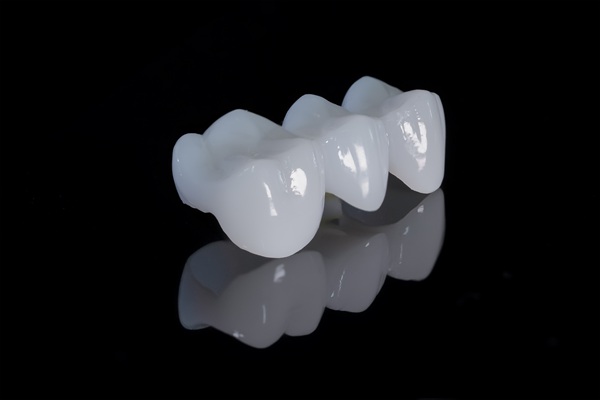 Dental fillings play a crucial role in preserving and restoring your oral health. Dentists use them to repair severe tooth decay and cavities, preventing the damage from worsening. Many people have questions and concerns about this dental procedure. This blog will address the most common questions about dental fillings and provide the information you need to restore the integrity of your smile.
Dental fillings play a crucial role in preserving and restoring your oral health. Dentists use them to repair severe tooth decay and cavities, preventing the damage from worsening. Many people have questions and concerns about this dental procedure. This blog will address the most common questions about dental fillings and provide the information you need to restore the integrity of your smile.
Common Questions About Dental Fillings
What are dental fillings?
Dental fillings are restorative materials that dentists use to repair teeth affected by cavities, cracks, or fractures. They help restore a tooth's shape, function, and strength while preventing further decay or damage. There are numerous materials that dentists can use to fill a cavity, such as composite resin, amalgam, gold, or porcelain. Each material has its own set of advantages and disadvantages.
How do I know if I need a dental filling?
Most patients need a dental filling because of tooth decay. During a regular check-up at our office, we conduct an oral exam or use X-ray images to determine if there is a sign of cavities or other dental damage. If one is experiencing tooth sensitivity or pain, possibly noticing a dark spot or hole in one of their teeth, it is important to schedule an appointment to prevent future symptoms and decay.
Are fillings painful?
The dental filling process is minimally uncomfortable. Before the procedure, the dentist will numb the affected area with a local anesthetic to ensure that patients feel little to no pain during the treatment. However, it is common to experience sensitivity or a little soreness in the treated tooth in the few days following the procedure.
How long do dental fillings last?
The lifespan of a dental filling depends on several factors, such as the material used, the size of the cavity, and the patient's oral hygiene habits. For example, composite resin fillings last 5 to 7 years, while amalgam and gold fillings last 10 to 15 years. However, dental fillings can last even longer with proper maintenance, regular check-ups, and good oral hygiene.
Will I have dietary restrictions after getting a filling?
After a dental filling, patients can typically resume eating and drinking as normal once the local anesthesia wears off. However, it is important to practice caution when consuming extremely hot or cold foods and beverages, as the treated tooth may cause temporary sensitivity. In addition, the dentist will likely advise patients to avoid sticky or hard foods that could dislodge or damage the filling.
Are dental fillings noticeable?
As dental filling materials have improved over time, their aesthetics have also improved. For example, tooth-colored composite resin fillings can be matched to the shade of one's natural teeth, making them almost invisible. On the other hand, amalgam fillings are silver and may be more noticeable, particularly on one's front-facing teeth. When restoring teeth that are not visible while smiling, amalgam fillings can be a durable and cost-effective alternative.
Do you have more questions?
We hope this blog provided the information you have been looking for about dental fillings. However, if you still have questions, reach out to our office. We can provide more information about dental fillings and our restorative dental services. Call us today and take the first step to restore your oral health.
Request an appointment or call Dental Partners Fountain City at 865-672-6525 for an appointment in our Knoxville office.
Related Posts
Dental implants are the ideal solution for anyone looking to replace damaged or missing teeth. They are the top choice for patients who want the next best thing to real teeth and provide a permanent solution that can last a lifetime.Dental implants can be used to replace one or multiple missing teeth. They provide excellent…
Most everyone is familiar with the fact that dentists use dental fillings to treat cavities. What not everyone is aware of, however, is why dentists need to treat cavities with fillings or why teeth decay the way they do in the first place. We all want to keep our teeth healthy, and fillings have been…
Dentures refer to a prosthetic piece that is used to replace an entire arch of missing teeth, whether on the top or the bottom. They are one of the most common treatments used to replace teeth because of their affordability, durability, and ability to work with other prosthetic pieces, like dental implants.However, with all new…


